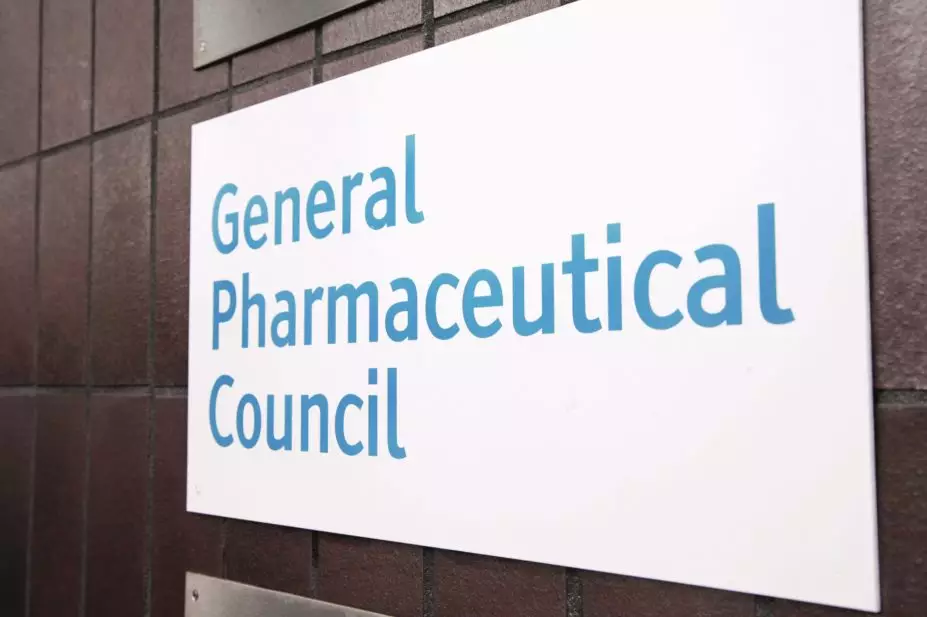
General Pharmaceutical Council
Representatives of employee pharmacists and community pharmacy owners are divided over plans by the pharmacy regulator in Great Britain to reform continuing professional development (CPD) requirements.
The Pharmacists’ Defence Association (PDA), which has 22,000 pharmacist members, opposes the proposals from the General Pharmaceutical Council (GPhC), which would mean 2.5% of pharmacists would be selected at random annually to provide a record of their CPD as part of the regulatory process. The PDA says the plans should be put on hold until more detail is known about the results of a pilot study that tested the new CPD system in 2016.
According to the PDA, the GPhC has failed to explain the “mechanism and algorithm” for achieving the annual random sample. The process, it adds, is “not clear or transparent”.
But Pharmacy Voice — an association of trade bodies that speaks on behalf of the three largest community pharmacy owner organisations — supports the reforms, which were put out for consultation by the GPhC in September 2016.
In its response to the consultation, which ended on 31 October 2016, Pharmacy Voice says: “We are pleased to see this new, more proportionate, approach being taken.”
The move towards a random sample of CPD records was prompted by the GPhC’s belief that the present system — where pharmacists are required to produce their individual CPD record every five years — was disproportionate and burdensome.
The PDA is opposing the changes on the grounds that the GPhC has provided insufficient details about the pilot, which formed the foundation of the regulator’s proposals.
In its consultation response, the PDA says: “The pilot was conducted over the course of less than one year, in 2016; it would be difficult to demonstrate that any new approach was ‘more effective’ than the current one, since the current one involves a five-year cycle of CPD review. This may suggest that this consultation has been conducted prematurely and based on insufficient evidence to support the proposals.”
The PDA is also calling for research into the impact of CPD record keeping on public safety and care. It says: “Whilst the organisation believes that activities to develop oneself professionally are essential for public safety, … the point remains that research is required to assess whether CPD recording is of material benefit to the public (and not just of benefit to the regulator).”
The GPhC proposals follow its review of the current call and review system and the results of the pilot, designed to test random selection, which it says found that records were maintained to the required standard, with the exception of those by pharmacists who were already subject to remediation support.
The consultation on the changes ran for six weeks. The results will be considered by the GPhC over the coming months and will be taken into account as part of wider CPD reforms, which are due to be put out for consultation in spring 2017.


